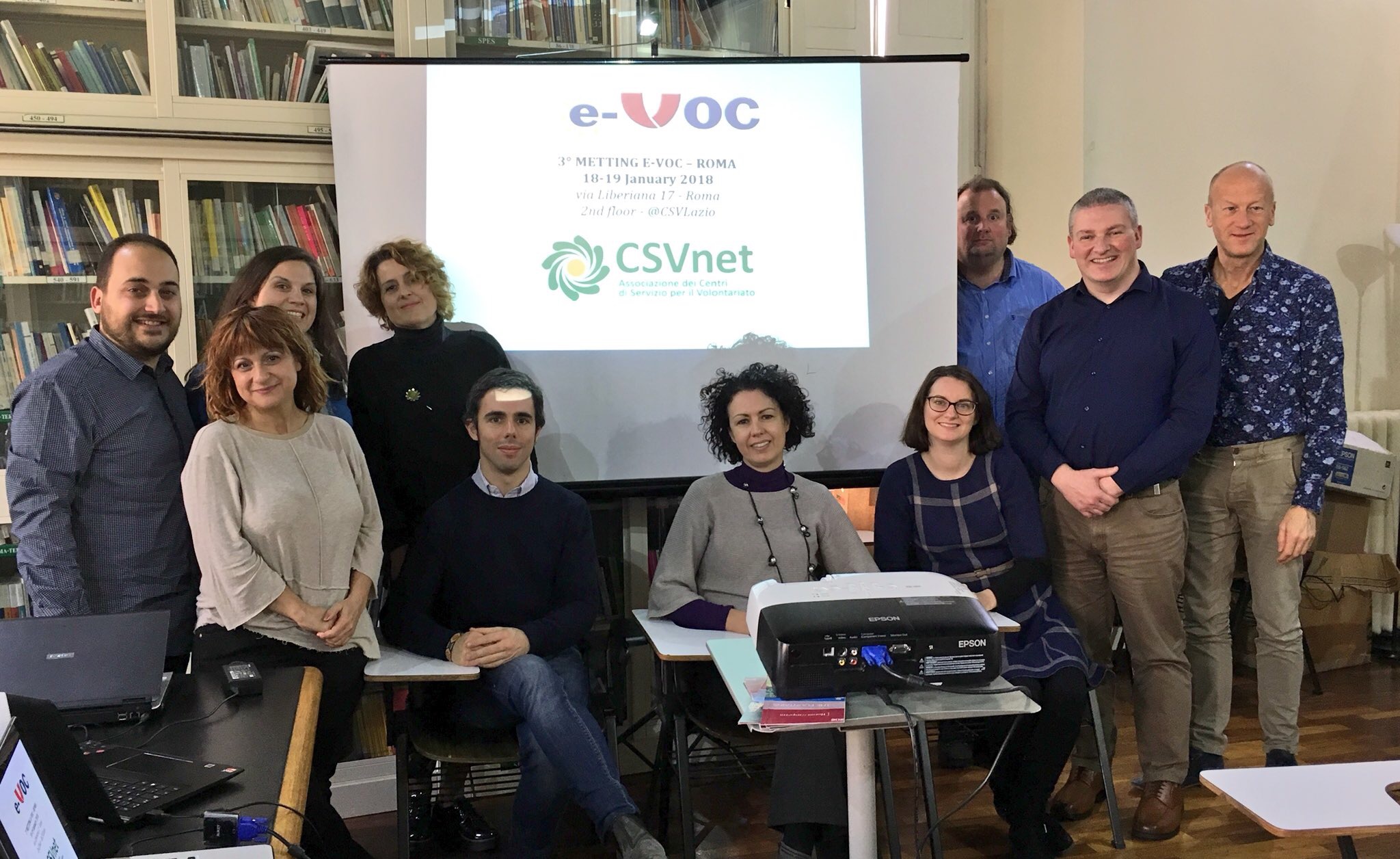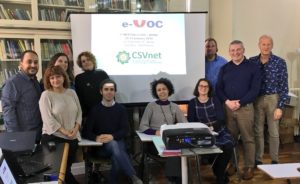
In extreme weather conditions we are reliant not just on local authorities and emergency services; but also on volunteer bodies such as Mountain Rescue, Irish Coast Guard, Royal National Lifeboat Institution, Civil Defence, First Responders, 4×4 Response Groups and many others that support our local communities in times of need.
There are many volunteer-led groups around the country that do great work to help those in need at these challenging times. As Volunteer Managers we need to ensure that we are looking after volunteers’ health, safety and welfare. This checklist will help you reflect on things you might consider when working with volunteers in extreme weather situations:
The right person for the right role – People often offer their services in times of needs like this, but we must ensure that we have the right person for the role. Volunteers need to be competent, as well as physically and mentally fit to carry out the task required of them. Quite often people think they can do more than they are actually able to do. Ensure that you have clear role descriptions to define the role of your volunteers.
Insurance – Does your insurance policy cover your volunteers when they are engaged in a hazardous area or programme? There may be additional risks not present normally. If the current volunteer role differs from what your organisation has been set up to do as outlined in your Memorandum and Articles of Association, you should check with your insurance company to ensure that volunteers are covered and that they will pay out in the event of an accident.
Rest and Recuperation – Volunteers can sometimes be over enthusiastic with their energy to support others at times of need. You might need to reconsider the length of volunteers’ shifts, reducing their length and ensuring volunteers do not push themselves too hard.
Expectations – Volunteers might want to solve all the problems caused by the extreme weather conditions and stay out in all weather conditions to do so, putting themselves at risk. Manage the expectations of volunteers in line with the policies and procedures of your organisation. Be realistic and ensure that your volunteers aren’t pushing themselves too hard.
Preparation, preparation, preparation – You can never have enough of it, that’s why good volunteer programmes carry out drills and practices year round to ensure that volunteers are trained and aware of what is expected of them when a severe weather condition comes along.
Welfare – Your concern might be about helping those who are most at need in our communities, but you can’t do that without volunteers. Your primary concern should be the welfare of your volunteers. Ensure they get hot refreshments and food. Be aware of those who insist they don’t need anything and want to battle on without refreshments or a break.
Mental Health – Lots of issues can present themselves at a time like this, all of which can take a toll on a volunteer’s mental health. You might be fine, but what about your volunteers? People experience things in different ways and it is often the quieter volunteer who needs the most attention.
PPE / Equipment – The onus is on you to ensure that your volunteers have all the Personal Protective Equipment (PPE) they need. That might include thermal hats, gloves, jackets and boots. You can’t expect people to have that equipment lying around at home. Maybe set up a pool of equipment to have for such situations. A Hi-Viz Jacket, for example, only serves one purpose and will not keep you warm. Do your volunteers need mobile phones? Do they have spare batteries? Do you use two-way radios? How long is their range? Is that range shortened by weather conditions?
Transport – Are volunteers using their own vehicles as part of their volunteering? Are they insured and roadworthy to do this? Remember even if you own a 4-Wheel Drive vehicle it doesn’t mean you can drive anywhere. You need to be experienced at driving safely, and your responsibility as a Volunteer Manager may be to ensure that your volunteers are trained to do so.
Sign in and Sign out – Before any volunteers go out on shift ensure that you have their emergency contact details, as well as details of any medical conditions you should be aware of. Do you have a process in place for them to sign out at the end of the shift if they are not returning to the base?








